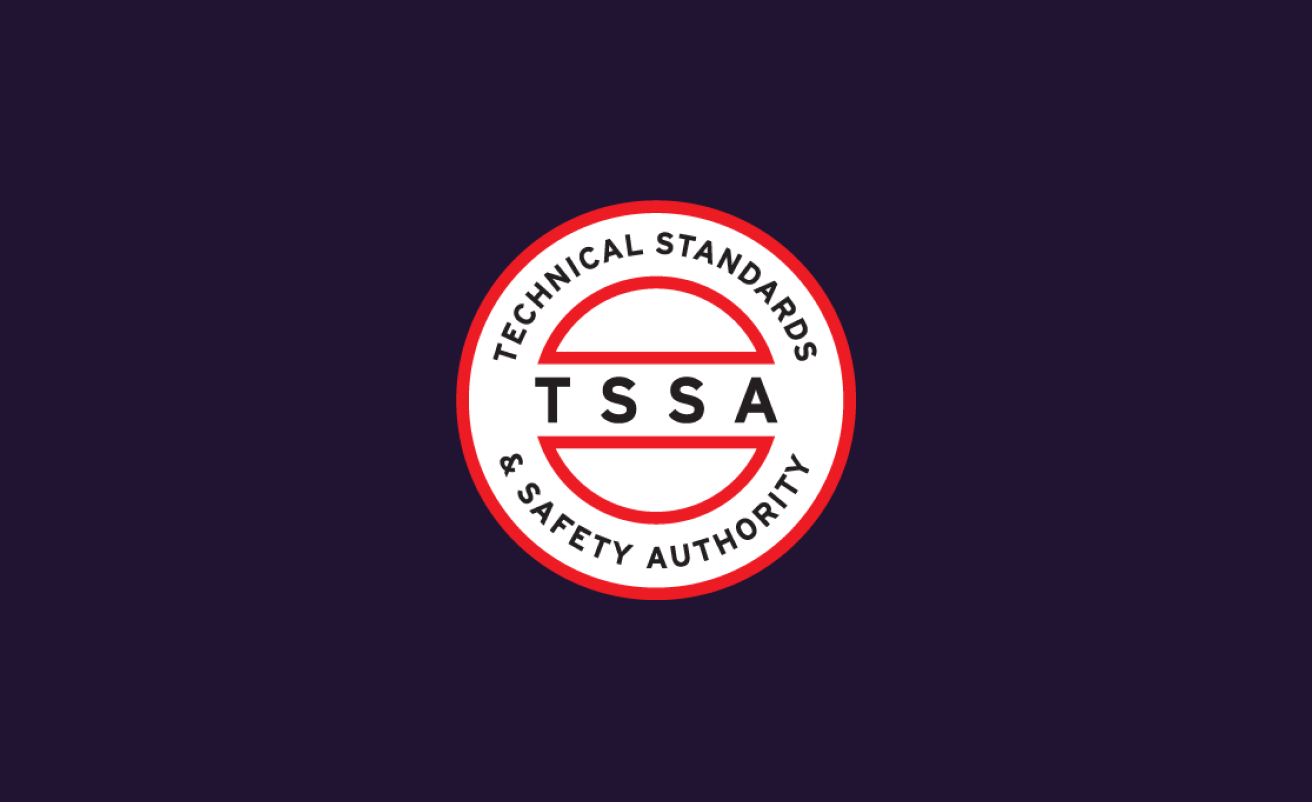
In response to stakeholder feedback for more time to report agricultural boilers and pressure vessel (BPV) equipment following the revocation of the regulatory exemption that took effect on July 1, 2021, TSSA has issued an Information Order requiring owners and operators of agricultural BPVs to report existing equipment (installed before July 1, 2021) by November 30, 2021.
The Information Order gives agricultural owners and operators an additional 60 days to report existing BPV equipment following the expiry of the September 30 deadline for reporting equipment.
Owners and operators must report existing agricultural BPV equipment using one of the following methods:
- Complete the online form, or
- Download the form and mail the completed submission to:
Director, Ontario Regulation 220/01, Boilers and Pressure Vessels
Technical Standards and Safety Authority
345 Carlingview Drive
Toronto, ON
M9W 6N9
The revocation of the regulatory exemption that was previously in place for agricultural BPVs took effect on July 1, 2021. All BPVs, fittings and piping used for agricultural purposes must comply with the Technical Standards and Safety Act, 2000’s Ontario Regulation 220/01: Boilers and Pressure Vessels and the Canadian Standards Association (CSA) B51:19 Boiler, Pressure Vessel and Pressure Piping Code.
Based on the information collected in the form, TSSA will do a risk-based assessment and establish a priority list for scheduling an inspection within five years. Priority for an inspection will be given to agricultural operations with high-risk sites. Sites will receive a notification one month before the inspection date.
Here are some checklists to provide agricultural owners and operators with some guidance on what inspectors are looking for when assessing agricultural BPV equipment.
FEE STRUCTURE
Below is a breakdown of the fees associated with inspecting BPV devices as per the published fee schedule:
Existing Devices
The fees associated with inspecting existing devices (installed before July 1, 2021) used in agricultural operations can be found in the BPV Fee Schedule under Inspection Services, Other Inspections at a minimum $401.00 for one hour. Inspections exceeding one hour are subject to additional fees.
If an inspector goes to a site and finds that your devices are exempt from the regulation under O. Reg. 220/01 s.2, TSSA will not charge for the site inspection.
New Devices
The fees associated with inspecting new devices (installed after July 1, 2021) which involve a different inspection scope from existing devices can be found in the BPV Fee Schedule under Inspection Services, First/Installation Inspection for $424.00.
RESOURCES
A variety of resources and contact information to help the agricultural community understand their compliance obligations are available on our website. Previous communications on various aspects of O. Reg. 220/01 cover two streams — new installations and existing equipment:
- Educational Resources: Clarify the responsibilities and compliance requirements of owners and operators of regulated agricultural BPVs
- July 5, 2021 news bulletin: Delineates the reporting process and the inspection roles of TSSA versus insurers of agricultural BPV equipment
- June 30, 2021 news bulletin: Provides the link to the online Equipment Reporting Form for owners and operators to report existing agricultural BPVs
- June 4, 2021 news bulletin: Focuses on existing equipment that needs repair, alteration, upgrade and/or replacement starting July 1
- April 29, 2021 news bulletin: Outlines the regulatory requirements for newly installed equipment that falls within O. Reg. 220/01
- September 15, 2021 news bulletin: Reminds all owners and operators of agricultural operations to report their existing BPV equipment (installed before July 1, 2021).
For more information on TSSA’s BPV regulatory requirements, please refer to Frequently Asked Questions or visit Agricultural Operations – Boilers and Pressure Equipment.
IMPORTANT INFORMATION
Every owner of a device is responsible for maintaining and operating their pressure equipment safely and immediately reporting to the TSSA any incidents that cause injury, death or property damage. In case of an incident, call TSSA at 1-877-682-TSSA (8772) and choose option 1 to reach the Spills Action Centre (open 24 hours a day, 7 days a week).
TSSA will continue to work with agricultural partners to implement the new regulatory requirements. We will also collaborate with insurers of agricultural BPV equipment to ensure a smooth transition from TSSA’s first inspection to periodic inspections by insurers as applicable.
About TSSA
Throughout Ontario, the Technical Standards and Safety Authority (TSSA) enforces provincial safety regulations and enhances public safety. TSSA regulates the safety of amusement devices, boilers and pressure vessels, elevating devices, fuels, operating engineers, and ski lifts. Its range of safety services includes public education, certification, licensing and registration, engineering design review, inspections, investigations, safety management consultation, compliance support, enforcement and prosecution activities.